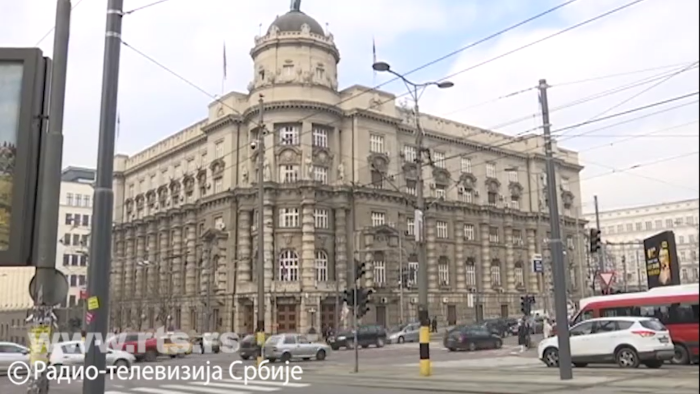
Are you in favour of Serbia joining the European Union? If that question were asked in a referendum today, 43 per cent of citizens would answer “yes”. Ten per cent less would be against. Every tenth citizen does not know how they would answer – these are the results of the poll conducted by the Ministry of European Integration.
After two years of the pandemic, pollsters are back in the field. They found that there is slightly less support for EU membership than two years ago, but the drop was not as big as expected. In the circumstances of the war in Europe, energy crisis and inflation, and crisis in the dialogue between Belgrade and Priština only seven per cent of citizens changed their opinion and are no longer in favour of Serbia’s European path.
“Citizens are rational. On the one hand, you have emotions, and that is what largely defines our own attitudes about the various issues we face, but when we come to the field of real life, to the field of benefits that this process has for the citizens and for the state, then you see that the rational attitude towards this topic comes to the fore”, says Ivana Đurić from the Ministry of European Integration.
Milena Lazarević from the European Policy Centre points out that the previous period in relations between the EU and Serbia was quite difficult and characterised, on the one hand, by the lack of progress in the process itself, and the lack of tangible benefits for the citizens themselves.
“On the other hand, it was heavily burdened with discussions about the conditions that Serbia must fulfil, which have been made more difficult due to Russian aggression against Ukraine, to some extent because compliance with sanctions against Russia was put in the foreground”, Lazarević adds.
When the decision came that Brussels would abolish visas for Serbia, citizens’ support for European integration was at its highest – over 70 per cent. It was at its lowest when the Hague accused were extradited. Support varies, but as the integration process heats up, it tends to decline. This is also shown by the example of Croatia, in 2011 only 22 per cent of citizens were in favour of joining the EU but two years later at the referendum – 66 per cent.
“No government of any country would call a referendum on joining the EU without first conducting a serious campaign to communicate to citizens what the benefits are and what the costs are. These things are still insufficiently communicated in our country”, says Lazarević.
Two-thirds of citizens support the reforms
Nevertheless, citizens support the reforms themselves. Two-thirds of them believe that they are necessary beyond joining the EU owing to the fight against corruption, improvement of health, education, basic rights and the environment.
“A large percentage of citizens are ready to change their lifestyle if that is one of the conditions for joining the EU. Therefore, more than 40 per cent are ready to separate waste, recycle, and pay a deposit for plastic packaging”, emphasises Đurić.
The year 2025 was seen as the goal for the entry of the Western Balkan region. At the moment, the deadline is more flexible for Euro-enthusiasts as well.
“I think it is not realistic to expect that the Western Balkans as a whole will enter the EU, but that they will continue to insist on an individual approach from country to country and that those that show readiness for internal reforms, solving open issues with their neighbours, aligning their policies with EU policies, will actually have more chances to become members sometime by 2030,” says Dragan Đukanović from the Centre for Foreign Policy.
And the benefit of membership is illustrated by Croatia – from 2021 to 2027, it will receive more than EUR 9 billion from the EU budget for free. As much as the entire Western Balkans in that same period.
Source: RTS






